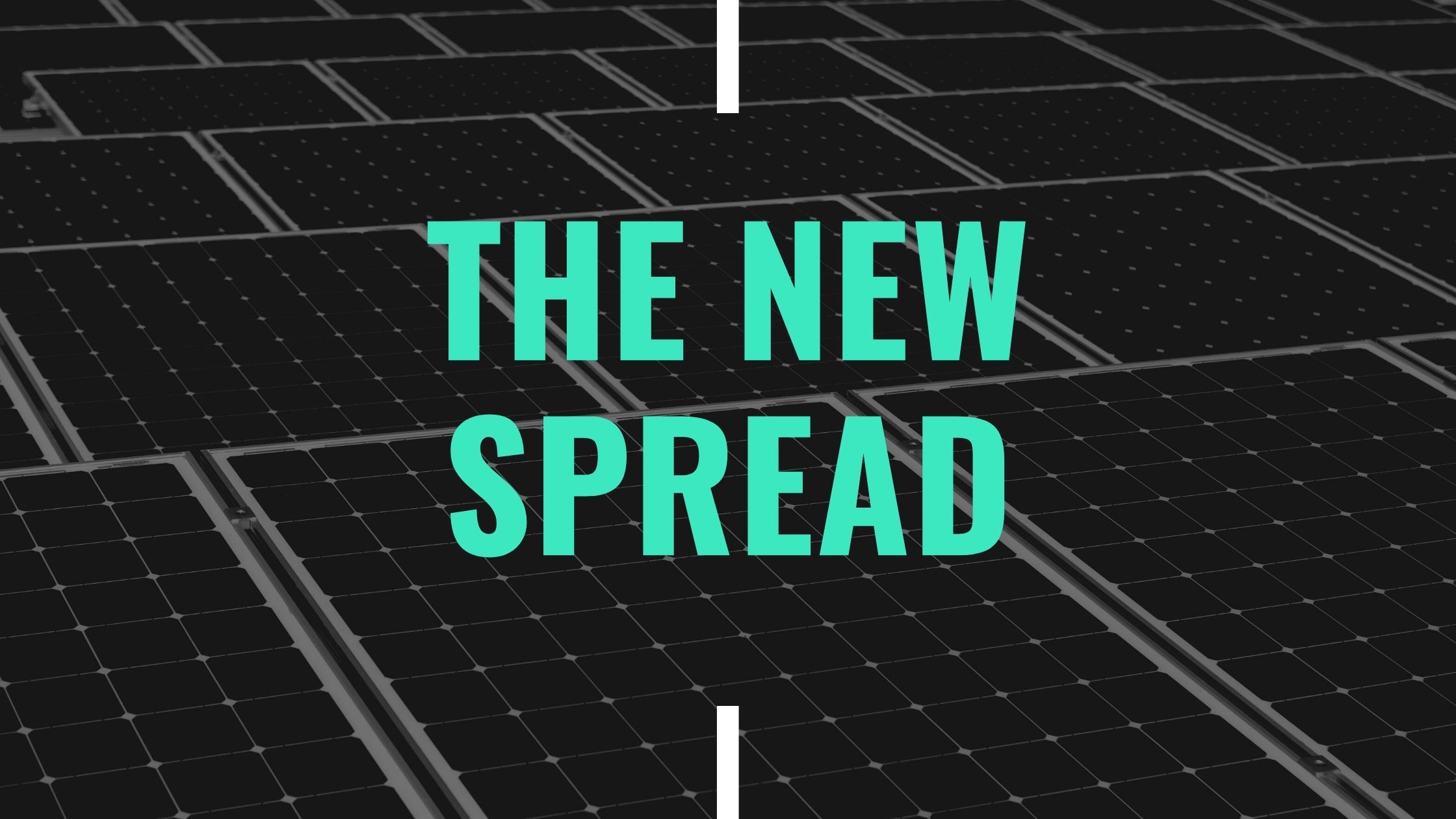WhatsApp launched a catalogue feature towards the end of 2019, where businesses can list images of their products. Businesses can also add prices and a link to take customers to the website where the product is being sold.
According to WhatsApp, more than 3 million users in India view a business catalogue on WhatsApp each month, and more than 40 million users view a catalogue on WhatsApp each month worldwide.
Here’s a look at businesses we reached out to who are operating at different levels on WhatsApp.
The new spread

Bata is API-enabled on Business, which it uses to draw customers to shop over WhatsApp. Once the customer’s interest is piqued, they’re connected to the nearest store manager to pick out a shoe.
Clothing brand Vero Moda.
Store managers are, on their own accord, conducting virtual tours over their personal WhatsApp. It’s not a company-authorised process, according to a person working in the technology team.
Reliance Retail’s Reliance Brands Ltd.
Reliance doesn’t have a Business account for its luxury brands. Store managers maintain a relationship with customers and reach out to them personally on WhatsApp. However, this is a company-authorised process. Since May, the company has billed 20,000 customers, according to Reliance Brands.
Jewellery brand Kalyan Jewellers.
It has an unverified WhatsApp Business profile, where customers can raise queries. Again, the actual retailing happens through regular WhatsApp, with the store manager displaying jewellery over video calls.
WhatsApp marries a robust video calling feature to a wide user base, making it a convenient platform for these store managers to make a sale. Besides, Covid has made WhatsApp increase the number of people who can get on a video call.
“We expanded WhatsApp’s group calling feature from four to eight people since we observed people talking for around 15 billion minutes each day on WhatsApp video/voice calls, higher than before the pandemic hit,” said WhatsApp’s India head, Abhijit Bose, in an email response to us.
Power of groups
WhatsApp’s group feature also lets people set up and conduct businesses. Hyperlocal delivery platform Dunzo started as a WhatsApp group.
“Those groups were the building blocks of social commerce in India,” said Kunal Sinha, co-founder of Bengaluru-based social commerce platform GlowRoad. “There would be ladies in every apartment complex getting, say, chikan kari kurta from Lucknow and selling it to their neighbours. We saw this and thought of building a platform where business could sell on WhatsApp and Facebook.’
The personal touch
Kalyan Jewellers, one of India’s largest jewellery brands, for one, is making full use of it.
Before Covid, April would have been a good season for the company due to it being the wedding season and the time for Akshay Tritiya—an annual spring-time festival celebrated by Hindus and Jains—when gold is often bought. But Kalyan Jewellers’ 107 stores across India remained shut over two months due to the nationwide lockdown.
The stores reopened by the end of May in most cities across India. But in metro cities, including Mumbai and New Delhi where Covid-19 cases are steadily increasing, the company rolled out its WhatsApp Business account in June.